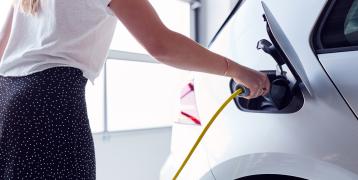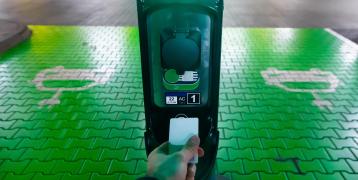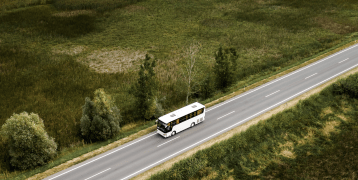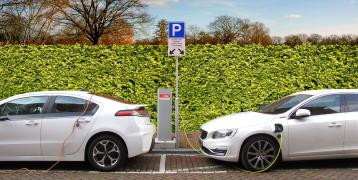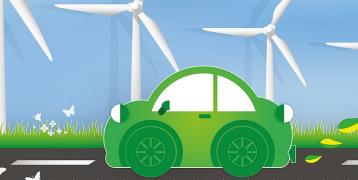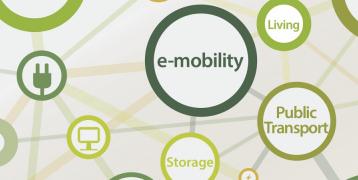Steering European household towards the use of alternative fuel vehicles
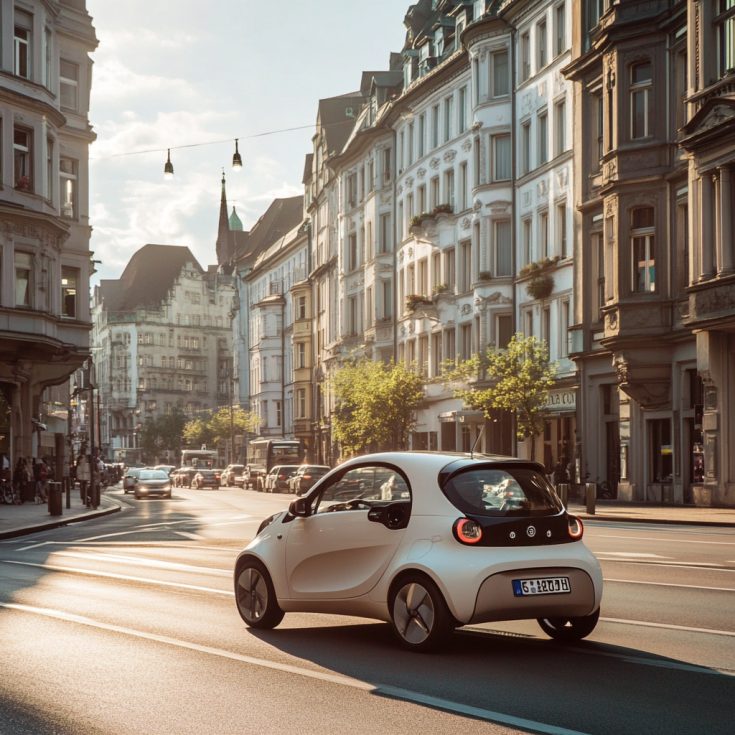
The Interreg Europe Policy Learning Platform received a policy helpdesk request for more information on policies to steer European households towards the use of alternative fuel vehicles.
Our Thematic Expert for a Greener and better Connected Europe, Simon Hunkin, has compiled a list of useful resources coming from Interreg Europe projects and beyond.
For alternative fuel vehicles (electric, hybrid, biodiesel, ethanol, hydrogen, etc.), many different schemes throughout Europe support the uptake for households. But these are primarily focused on electric vehicles as the most mature of the technological solutions. Therefore, we will rather focus on e-vehicles.
At the European level, the European Commission is responsible for setting the overall policy framework, with the Alternative Fuels Infrastructure Directive, currently under revision as part of the Fit for 55% package. (The European Parliament has a concise summary of this at the Legislative Train website). The European Union also supports uptake via the European Structural and Investment Funds, which can be used by public authorities to establish policy instruments, such as subsidies, grants and incentives for private households.
Most schemes targeting households are implemented at national and regional levels, comprised of different aspects of incentives, grants, information campaigns, charging infrastructure provision, low-emission zones and car sharing schemes that could replace the need for own vehicles. Here are some examples from across Europe for you to explore:
-
E-mobility awareness raising programme (Austria): Website, e-books and events targeting the public to inform them of electric mobility
-
Group purchase of e-vehicles (Belgium): Group purchasing to bring down the cost of individual vehicles (up to 10,000 EUR saving per vehicle achieved)
-
GO ELECTRIC Subsidy Scheme (Greece): Covering e-cars, e-vans, e-bikes and e-scooters
-
Regional Law for reducing e-mobility costs (Italy): Exempting alternative fuel vehicles from car tax
-
SPARK - Electric Car Sharing (Lithuania): An electric vehicle sharing scheme in Vilnius
-
Subsidy Scheme for Scrappage of IC’s and Purchase of EV’s (Malta): Subsidies to encourage individuals and businesses to replace their current fossil fuel vehicles with alternative fuel vehicles
-
Amsterdam’s demand-driven charging infrastructure (Netherlands): A very interesting scheme for overcoming range anxiety, with guaranteed access to charging infrastructure for inhabitants of Amsterdam
-
MOBILIDADE ELECTRICA Azores (Portugal): An information campaign targeting citizens via social media, television and posters, etc. on e-mobility
-
Financing the acquisition of non-polluting vehicles, Bucharest (Romania): Grants for e-vehicle purchase
-
Alternative-Fuel Vehicle Show (Spain): Awareness raising and communications event for the public to learn about alternative fuel vehicles
-
City of York Low Emission Zone (UK): Linking transport and environmental policy to reduce access to the city centre for polluting vehicles
On the hydrogen front, since hydrogen vehicles are not yet fully mature, we have not yet seen any practices related to uptake by households. Instead, policies are focused on the development of hydrogen plants and infrastructure, but there are some frontrunners in hydrogen uptake (e.g., Aberdeen, UK, which has hydrogen buses, hydrogen trucks and two hydrogen refuelling stations).
For more on hydrogen transport, you can look at the website of the SMART-HY-AWARE project, and also see the recording of our recent webinar on ‘Building a regional hydrogen economy’, which includes a presentation from Aberdeen.
Further resources
Explore further resources coming from the Interreg Europe Policy Learning Platform.
Projects on e-mobility
Discover Interreg Europe projects that focus on e-mobility

Submit your policy helpdesk request!
Do you have a question you would like to get expert help on? Submit your policy helpdesk request today.


